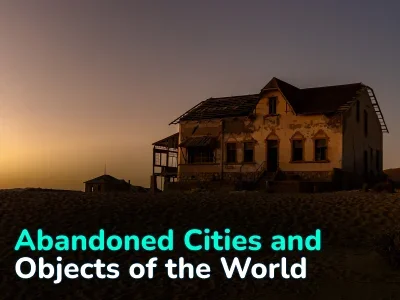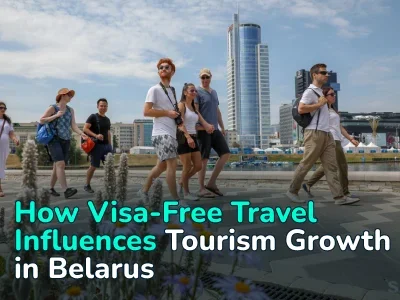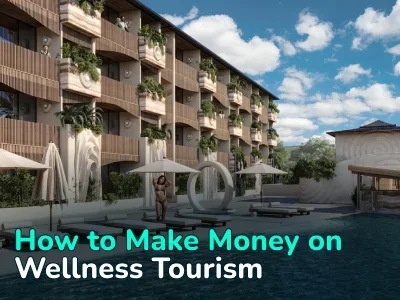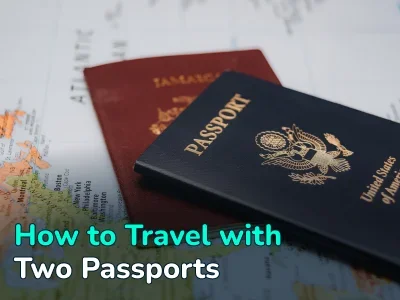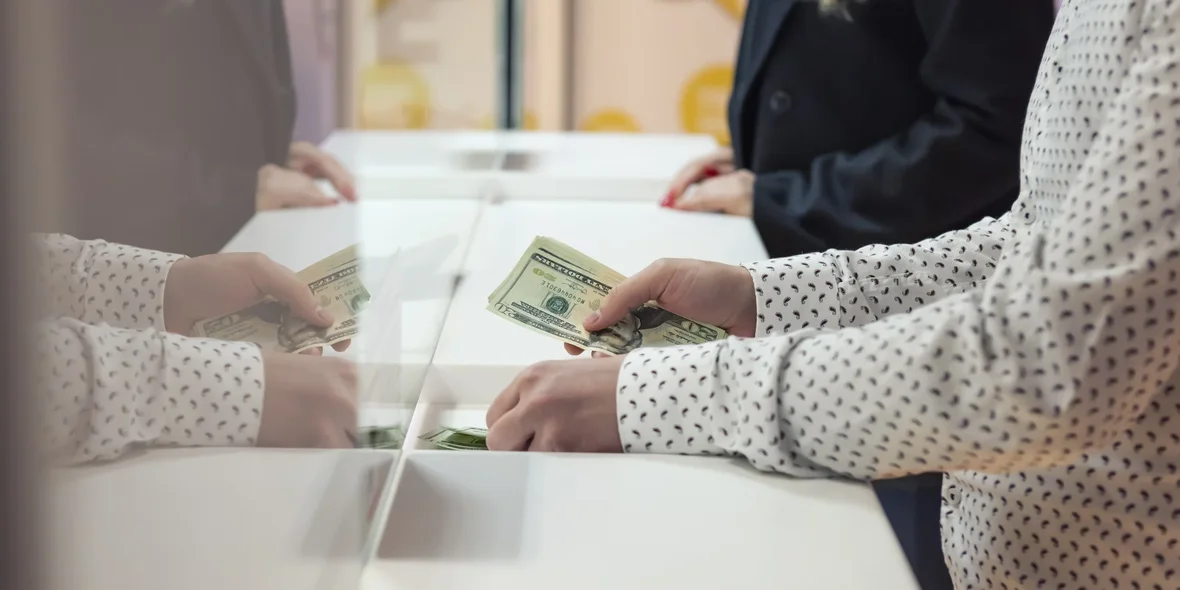
Wish I'd Known This Earlier: Top Currency Exchange Hacks for Travelers
Currency exchange is a relatively simple process in itself, but things get more complicated when you’re doing it in a foreign country. Unscrupulous individuals often offer to exchange money on the street at inflated rates, aiming to profit from unsuspecting tourists. Even official exchange offices and bank branches, particularly those located at train stations and airports, can apply unfavorable rates or hidden fees.
We’ve put together a comprehensive list of practical tips for getting the best deal when exchanging currency abroad — along with a breakdown of common myths and misconceptions.
Currency Exchange Hacks for Travelers
The key advice — avoid currency exchange offices at airports and train stations. Currency exchange at arrival points is convenient, especially after a long flight. However, the rates offered there are typically inflated, and conversion fees are higher than average due to high demand. These exchange booths are designed to serve travelers who are in a rush or unfamiliar with local financial conditions. For example, exchanging €100 at an airport might yield 5–10% less in local currency than doing so at a downtown bank. To clearly assess whether the exchange rate is inflated, check the official rate before your departure or look it up online upon arrival.
Use Bank Cards with Minimal Foreign Transaction Fees
Before traveling abroad, check the foreign exchange fees associated with your bank card. If the fees are high, consider getting a dedicated card for international use. Opt for cards that offer low or zero fees on international transactions — such as those provided by banks offering multi-currency accounts.
Withdraw Cash From ATMs Wisely, Factoring in Fees
ATMs abroad are convenient, but they often charge fixed fees for withdrawals. In Thailand, for instance, many ATMs charge around 220 baht (approximately $6) per transaction. Therefore, it’s more cost-effective to withdraw 10,000 baht at once than to make several smaller withdrawals.
Also, ATMs may offer currency conversion at their own rates, which can be worse than your bank’s. Look for ATMs affiliated with your home bank’s partners — these often offer reduced or no fees.
Avoid Street Money Changers
Street exchangers can be a source of trouble, especially if they’re not affiliated with major banks. Risks include counterfeit notes, inaccurate counting, and hidden fees. In India, for example, some street exchangers may give you old notes that are no longer in circulation. Always exchange money at official locations with clear signage, licensing, and receipts. Count the money on the spot and double-check the amount before leaving.
Account For Local Payment Preferences
Payment habits vary greatly from country to country. In some places, cards are widely accepted; in others, cash remains dominant. While this doesn’t directly affect currency exchange, it does influence how urgently you might need to find a reliable exchange point.
Before your trip, research the most common payment methods in your destination. For example, in smaller Japanese towns, cash is often essential, while in Germany, many cafés do not accept cards.
Currency Exchange Myths and Misconceptions
The internet is full of travel advice for every imaginable scenario — but not all of it is trustworthy. We’ve identified the most common “hacks” whose usefulness is questionable or entirely unfounded.
“No Commission” Exchange Offices Offer Better Rates
The sign “No commission” may look appealing, but in most cases, the commission is already embedded in the exchange rate itself. For example, in Prague’s tourist areas, exchanging €100 at such a booth can result in receiving up to 15% less in Czech korunas compared to a regular bank.
It’s Better to Exchange Currency in Your Home Country Before the Trip
Exchange rates in your home country, especially for exotic currencies like the Thai baht or Moroccan dirham, are often significantly worse than those available locally at your destination. Carrying large amounts of cash also increases the risk of theft or loss. For instance, in Russia, the exchange rate for the Vietnamese dong can be up to 20% worse than in Hanoi. It’s generally best to exchange a small amount of foreign currency in advance — enough for transportation or minor expenses — and convert the bulk of your funds after arrival.
ATM Withdrawals are Always Cheaper Than Currency Exchange
ATMs abroad often charge a flat fee per withdrawal, and your home bank may impose additional charges for interbank operations. On top of that, some foreign ATMs offer currency conversion at their own internal rates, which are often worse than official ones. An exception applies to partner banks — using their ATMs can result in much lower or even zero fees.
Street Money Changers Offer the Best Rates
While the exchange rate might appear more favorable, the risks are substantially higher. In some countries, street currency exchange is illegal, and the last thing a traveler needs is legal trouble abroad.
Always use licensed exchange offices, and make sure to request a receipt. If a receipt is not available, that’s a clear warning sign of a potentially fraudulent operation.
Tourist Zones Offer Better Rates Due to Competition
The logic seems sound — high tourist traffic and competition should lead to better rates. In reality, the opposite is often true. Exchange offices in tourist-heavy areas tend to inflate rates because they know demand is high and many travelers won’t compare prices.
For example, near Notre-Dame in Paris, the euro-to-dollar exchange rate may be 10–15% worse than at a regular bank. The reasoning is simple: if tourists will pay more, why offer better rates?
Summary
Currency exchange may seem like a routine task, and small differences in fees or rates may appear negligible. But in practice, these small losses can accumulate into significant amounts — often 10–20% of your total expenses abroad.
And if that’s not reason enough to be cautious, consider the legal risks: exchanging money in unauthorized locations — from individuals, in shops, or at unlicensed booths — can lead to serious consequences. In the best case, you’ll lose money to hidden fees. In the worst case, you could lose your cash, face fines, or even end up in legal proceedings.
Author
I write informative articles about real estate, investments, job opportunities, taxes, etc.


















